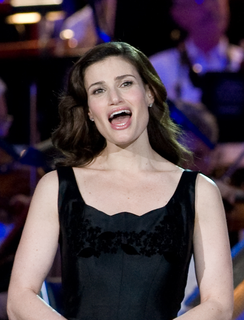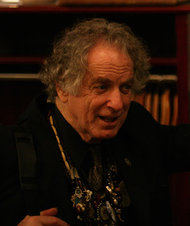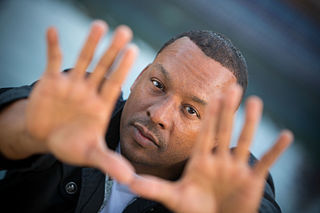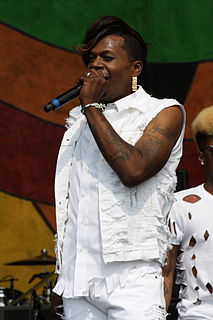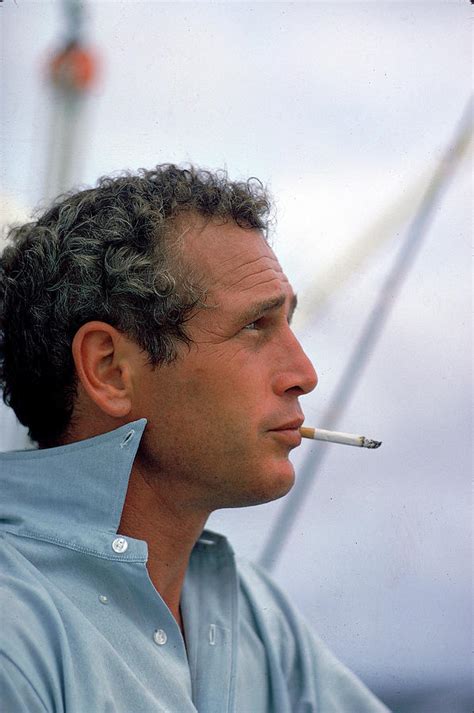A Quote by Haruki Murakami
I had my jazz club and I had enough money. So I didn't have to write for my living.
Quote Topics
Related Quotes
I'm a product of state schools. I had a working-class family. We had no books. I was the first to go to college. But I didn't really think about it, or about making money. I was just going to be an artist, and I've been fortunate. I've never had to work for anybody nor have I had to write for money. Maybe that's another reason that I've been able to be productive. I haven't had to use my writing to make a living.
We don't live in a jazz world, unfortunately. I think if I had lived in a jazz world, I would have done OK. I'm not sure I would have done great. I'm a lover of jazz music, so I would have been happy, don't get me wrong. I go to jazz concerts like the biggest jazz fan in world. The drag is that I don't play jazz for a living.
I've had days here and there where I would get discouraged because I wasn't a big star, but I've made a living ever since I was 27. Not a great living, but enough for me. I think actually being able to pay my rent and eat and perform is enough, and I did that for many years. Then I had some good years in there, too, where I made pretty good money.
I remember the first time I was booked into a jazz club. I was scared to death. I'm not a jazz artist. So I got to the club and spotted this big poster saying, 'Richie Havens, folk jazz artist.' Then I'd go to a rock club and I'm billed as a 'folk rock performer' and in the blues clubs I'd be a 'folk blues entertainer.'
My dad, was, by trade, he had a Ph.D. in mechanical engineering. He's a huge, huge jazz fan. He used to travel all the time for projects, and he used to collect jazz records. He used to collect hundreds and hundreds of jazz records because he had this passion for it. That's kind of how they had certain hobbies together with my mom.
The first club that reopened in New Orleans was Caesar's, and they called me immediately and said let's do a regular night with you here. So we started FEMA Fridays. It was the only club open in the city, and a lot of people had a lot of money from Katrina, the checks and stuff, so the joy inside that club - I don't think that'll ever come back.
When I was in high school I made the discovery that if I was playing in a jazz club, and there were black people in the club, if I could get the black people to like what I was doing, I was on the right track. So I began to play to those people because they knew what the authentic music was. I've always had that in the back of my head.
I gladly, I voluntarily gave up the kind of commercial film career I had going as soon as I had enough money to finance my own films. I didn't make that money necessarily from the film business, but I eventually made a lot of money and that's what I do. Of course, I consider myself unbelievably fortunate, and I'm pretty content with my life.






